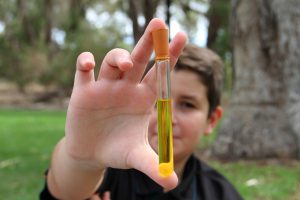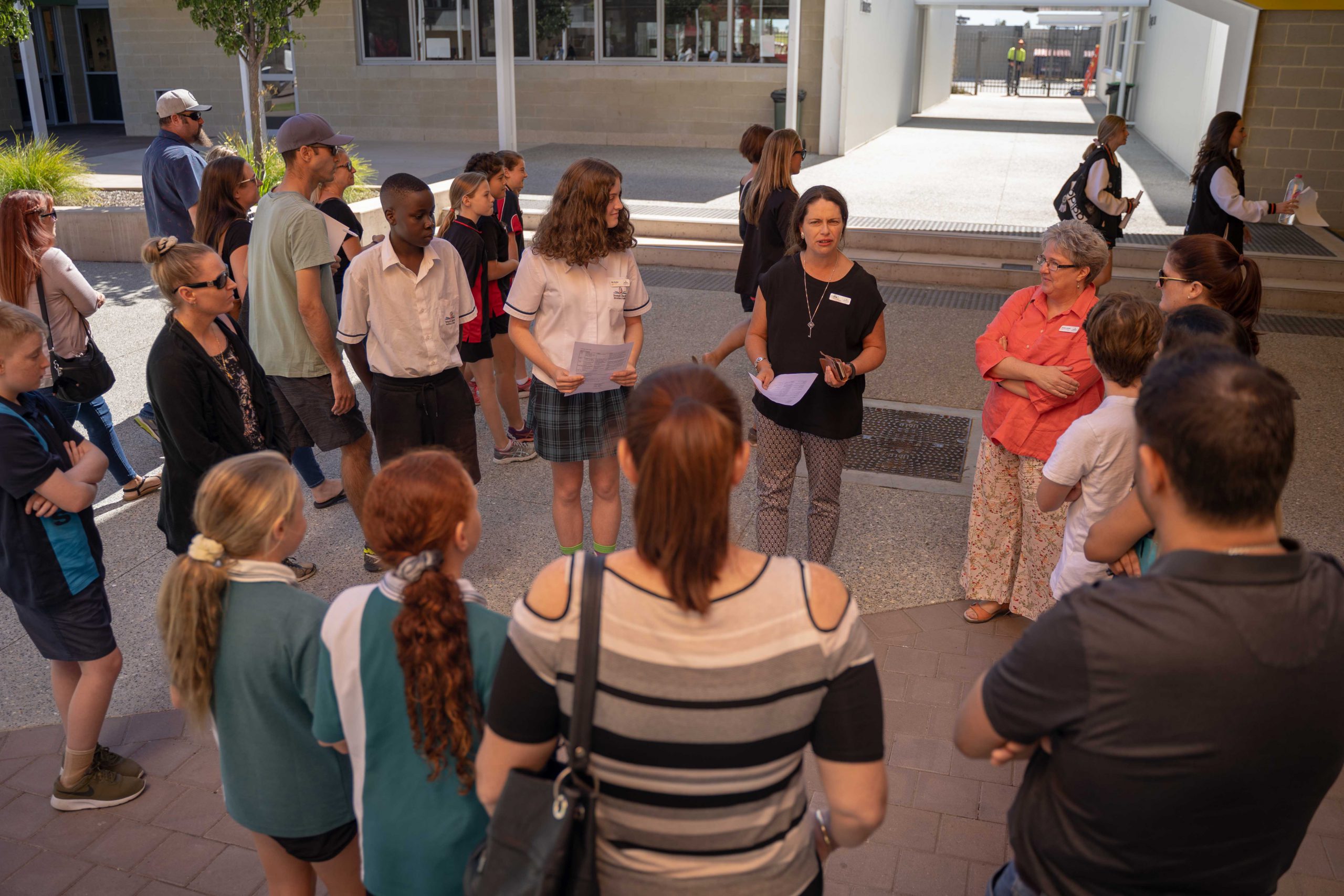Outdoor Education (General)
Course Code: GEOED/GTOED
Domain: Health and Physical Education (HPE)
Timetable: Semester 1 and 2
Length of Course: 2 Years
Unit Information
Early course requirements: 7.30am start one day per week (go home early on another day).
Through interaction with the natural world, the Outdoor Education (General) course aims to develop an understanding of our relationships with the environment, others and ourselves. The ultimate goal of the course is to contribute towards a sustainable world.
The Outdoor Education (General) course is based on the experiential learning cycle. This cycle is made up of three stages: plan, do and review. Students plan for outdoor experiences, participate in these experiences and reflect on their involvement.
The course lends itself to an integrated approach between practical experiences, the environment and conceptual understandings. Students develop self-awareness by engaging in a range of challenging outdoor activities. They enhance personal and group skills and build confidence, empathy and self-understanding. Working with others enables students to better understand group dynamics, and enhance their leadership qualities and decision-making abilities, while showing respect for self, others and the environment.
Students plan and participate in a range of outdoor activities and develop knowledge and skills for participating safely in these activities. They learn to assess risk, and identify and apply appropriate management strategies and emergency response procedures.
The course facilitates the development of a sense of place as a result of a greater understanding and appreciation of the local natural environment. It assists students to develop a relationship with nature and empowers them to work toward achieving an ecologically sustainable world.
The opportunity to explore environmental management strategies related to activities in the outdoors is provided. Students learn skills that encourage them to minimise their impact on the environment and understand why this is so important.
The course will prepare students for career and employment pathways in areas, such as outdoor leadership, environmental interpretation, environmental planning, facilities management, eco-tourism, military service, outdoor education, and the many unforeseen areas evolving in the outdoors industry.
Year 11
Unit One
Students are encouraged to engage in outdoor adventure activities. An experiential approach is used to
discover what being active in the environment is all about. Students are introduced to outdoor adventure
activities where they can develop and improve technical skills and apply appropriate practices to ensure safe
participation. They understand basic planning and organisational requirements necessary for them to
participate in safe, short-duration excursions/expeditions in selected outdoor activities. They begin
developing skills in roping and navigation. Students are introduced to personal skills and interpersonal skills,
including self-awareness, communication and leadership. Features of natural environments and examples of
local environmental management and ‘Leave No Trace’ principles are introduced.
Unit Two
This unit offers the opportunity to engage in a range of outdoor adventure activities that pose challenges
and encourage students to step outside their comfort zone. Students consider planning and resource
requirements related to extended excursions/short-duration expeditions. They are introduced to simple risk
assessment models to assist decision making and apply safe practices to cope with challenging situations and
environments. They develop time management and goal setting skills to work with others and explore
strategies for building group relationships. They understand the main styles of leadership and how to use
strategies to promote effective groups. Features of natural environments and components of weather are
introduced. Conservation, biodiversity and environmental management plans are also introduced.
Year 12
Unit Three
Students understand planning and organisational requirements necessary for them to participate in safe,
short-duration excursions/expeditions. Students participate in outdoor adventure activities where they
develop and improve their technical skills, apply appropriate practices to ensure safe participation, and
begin to develop survival skills. Students develop personal skills related to flexibility in coping and adapting
to change and in monitoring such things as the elements in an environment, or the participation of
individuals in activities and expeditions. Features and relationships in natural environments are examined.
Weather components, patterns and forecasting are introduced. Students develop a greater understanding of
human interactions with nature, past and present. Sustainability is introduced and local issues are examined.
Unit Four
Students consider planning and organisational requirements necessary for them to participate in positive
and safe, short-duration excursions/expeditions in selected outdoor activities. Students engage in outdoor
activities where they develop and improve their technical skills and apply appropriate practices to ensure
safe participation. They continue to develop navigational skills and respond to an emergency in the
outdoors. Students focus on developing commitment, tolerance, resilience and conflict resolution skills.
Students lead briefing and debriefing sessions and appraise their own and others’ leadership skills. Students
continue to forecast weather and apply strategies to minimise human impact on natural environments. They
explore sustainability projects and understand human responsibility for the environment.
Pathway Information
Tertiary
Workforce
Students undertaking this course may wish to consider tertiary studies in:
- Exercise and Sport Science
- Biology
- Environmental Science
This course suits direct workforce entry into the following:
- Tourism
- Facilities Management
- Armed Forces
- Emergency Services
- Recreation Officer
Additional Information
Estimated Charges: $450 per year
Note: The camps offered may incur an extra cost.



